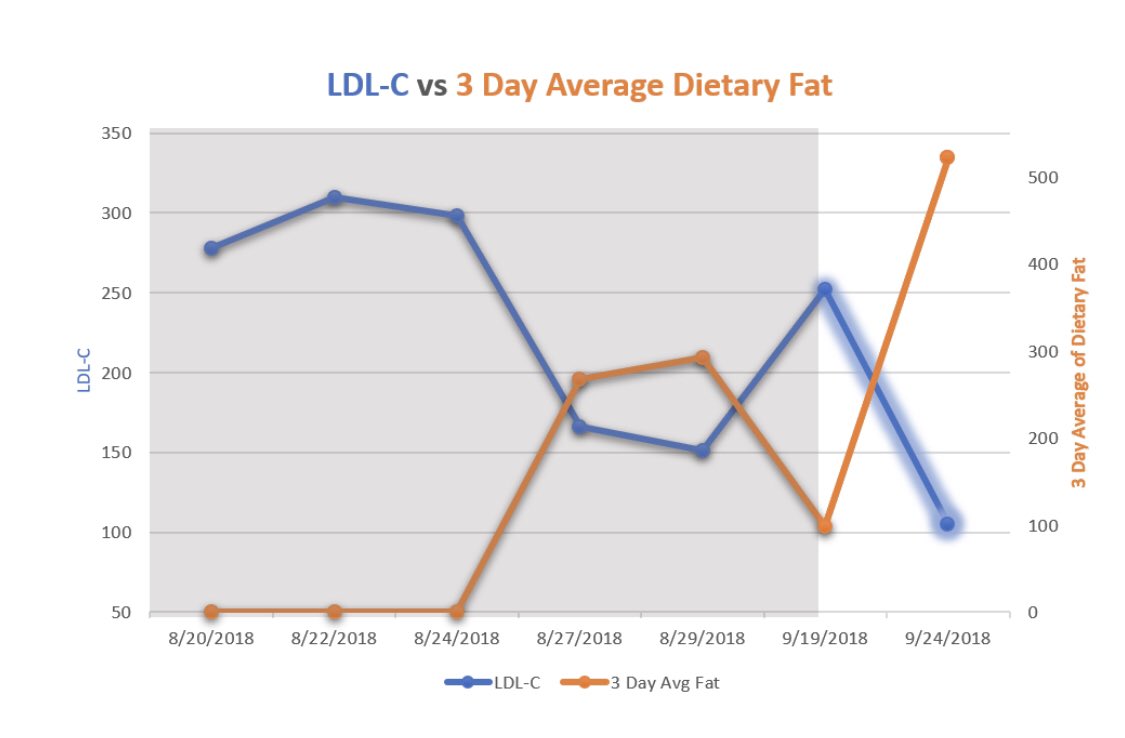
1/ New Human study supports twin-cycle hypothesis of #diabetes … thread incoming!
#metabolism #insulinresistance
sciencedirect.com/science/articl…
#metabolism #insulinresistance
sciencedirect.com/science/articl…

2/ The twin cycle hypothesis postulates that accumulation of liver fat can drive diabetes in the following way: more liver fat promotes hepatic insulin resistance which increases gluconeogenesis and thus increases insulin to promote more de novo lipogenesis. Basically…
3/ Basically, more liver fat more insulin resistance more liver fat and so on. New human data provide support for the model. One of the key findings of the paper is that more liver fat = more de novo lipogenesis, creating specifically the saturated fat palmitic acid (PA)…
4/ PA is loaded onto VLDL1 particles and that particularly good at dropping off PA at the pancreas where it damages beta cells that make insulin. Note, however, nobody is (at least in this paper) blaming the butter…
5/ Dietary saturated fat is primarily trafficked by chylomicrons from the gut to stores around the body or to be burned. The PA found in VLDL1 is mostly from de novo lipogenesis. In fact, while in healthy people only about 4% of fatty acids found in VLDL come from de novo …
6/ In fact, while in healthy people only about 4% of fatty acids found in VLDL come from de novo lipogenesis , but this number increases as liver fat increases. The authors also note that low carb diets can reduce de novo lipogenesis by 80%…
7/ Anyway, they found people who lost more liver fat had a decrease in their VLDL1 pool and VLDL1 PA levels, along with an increase in HDLc. Not really surprising and these data consistent with both the twin cycle and #LEM
Some of my fav graphs from the paper are as follows…
Some of my fav graphs from the paper are as follows…
12/ Some stats:
Liver fat dropped 66% in responders who achieved lasting remission
HDL went up 32% in responders but not those who relapsed
VLDL1 PA went down 30% in responders and increased 57% in relapsers
Liver fat dropped 66% in responders who achieved lasting remission
HDL went up 32% in responders but not those who relapsed
VLDL1 PA went down 30% in responders and increased 57% in relapsers
13/ anyway, lots of nice gems in this paper. But to sum up… liver fat -> insulin resistance -> hyperinsulinemia -> de novo lipogenesis -> more VLDL1 and more PA on that VLDL1 and more liver fat, repeat 🔁
But you can escape the cycle by reducing liver fat
But you can escape the cycle by reducing liver fat
• • •
Missing some Tweet in this thread? You can try to
force a refresh













